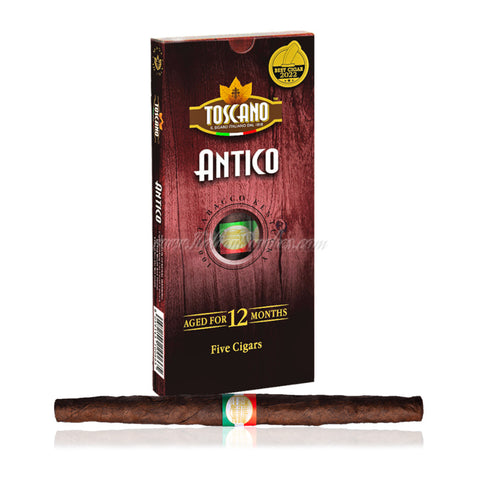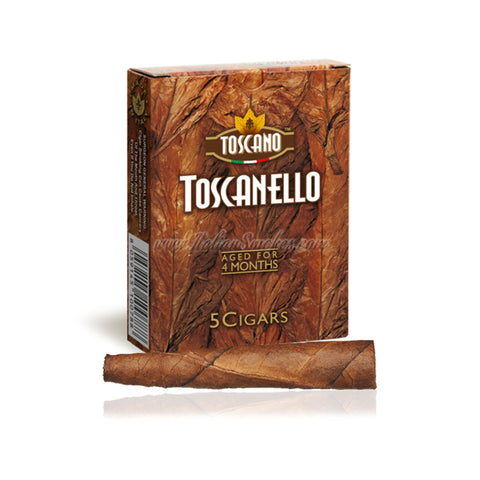For cigar lovers, the term "stogie" is a familiar one, often used to describe a rough, rustic cigar (hmm…like a Toscano cigar). But where did this word come from, and how did it become synonymous with cigars? The history of "stogie" is as rich and smoky as the cigars it represents, rooted in early American industry, transportation, and working-class culture.
The Conestoga Wagon Connection
The origins of the word "stogie" trace back to the Conestoga wagons of the 18th and 19th centuries. These large, covered wagons were a crucial part of early American expansion, used to transport goods and settlers across the rugged terrain of the colonies and the expanding frontier. Manufactured primarily in Pennsylvania, the Conestoga wagon was known for its durability and utility.
The teamsters (wagon drivers) who operated these Conestoga wagons often smoked long, thin cigars, which were inexpensive and easy to carry. Over time, these cigars became associated with the drivers, and people began referring to them as "stogies," a shortened version of "Conestoga."
A Symbol of the Working Class
Unlike the refined and expensive cigars enjoyed by aristocrats, stogies were rough, unpretentious, and accessible. Think De Nobili cigars , which were marketed and known for being affordable and accessible options. They were popular among laborers, farmers, and travelers—people who needed a practical smoke that didn’t require special storage or delicate handling. The stogie’s rugged reputation helped solidify its place in American culture as the everyman’s cigar.
Evolution of the Term
As time went on, the word "stogie" expanded beyond its association with wagon drivers and became a general term for cigars, especially those that were inexpensive and loosely rolled. Even today, the word carries a sense of nostalgia and rugged charm, often evoking images of cowboys, spaghetti westerns, old-time politicians, and wisecracking grandfathers enjoying a smoke.
Stogies Today
Though modern cigar culture has evolved, with aficionados embracing premium brands and luxurious smoking experiences, the stogie remains an enduring symbol of classic American grit and resilience. Whether used affectionately or humorously, the term continues to capture the spirit of an era when a simple cigar could be a small pleasure in a hard day’s work. “Stogie” continues to commonly be used in reference to cheroots such as Toscano cigars, Toscanello, De Nobili, Parodi, Petri, and more.
So, the next time you hear someone mention a "stogie," remember its humble beginnings on the dusty trails of early America, in the hands of hardworking wagon drivers and laborers who simply wanted a good smoke for the road.
Shop the Blog
Discover American stogies from brands like Petri, Parodi, and De Nobili. For more premium options, explore our Italian cheroot cigars from Toscano and Toscanello.




